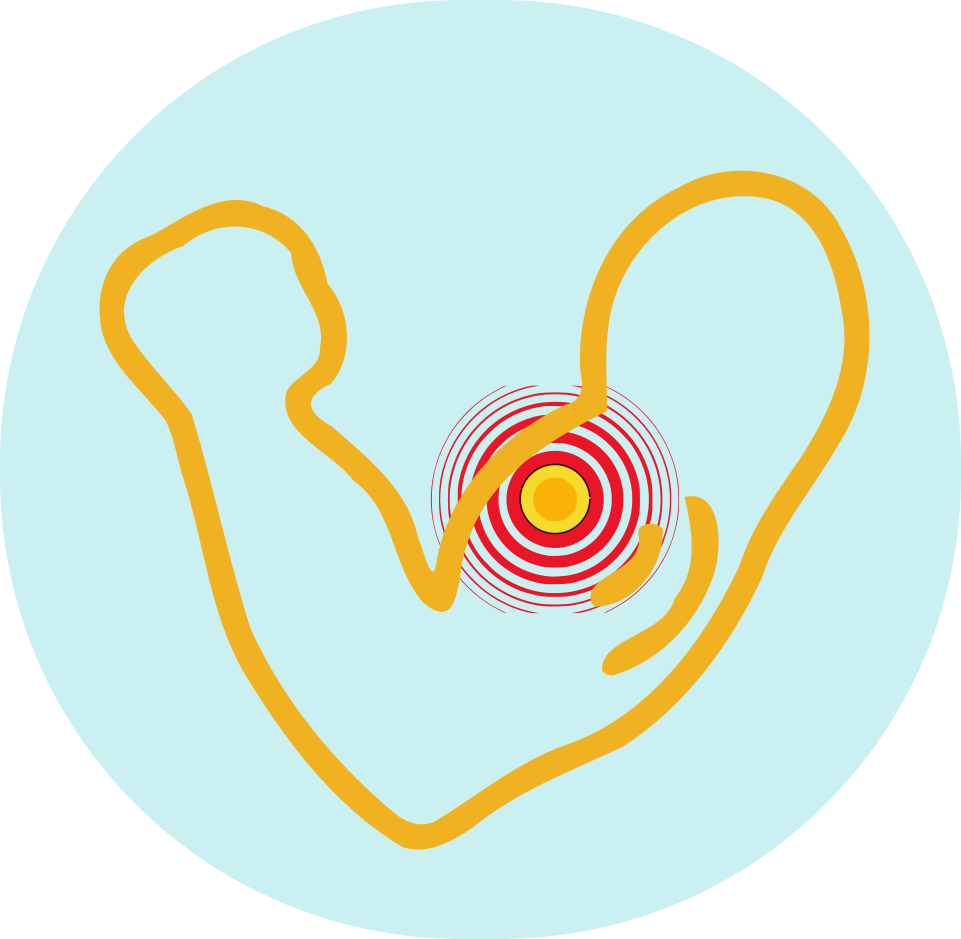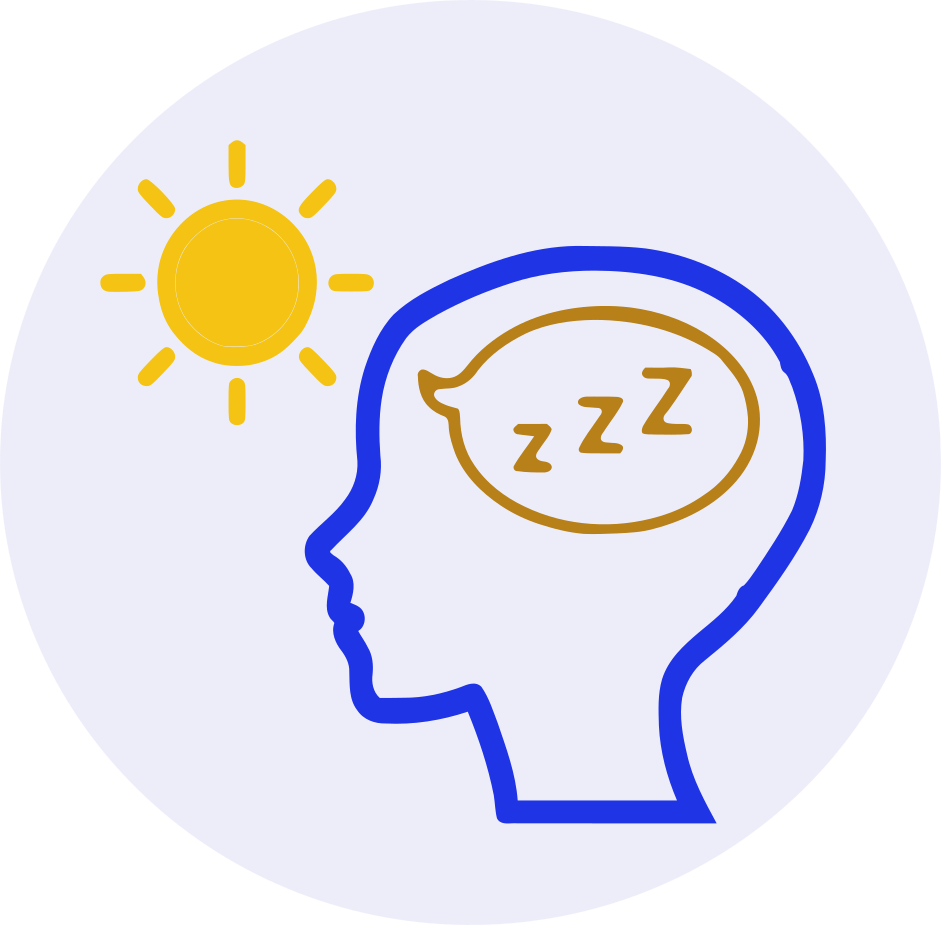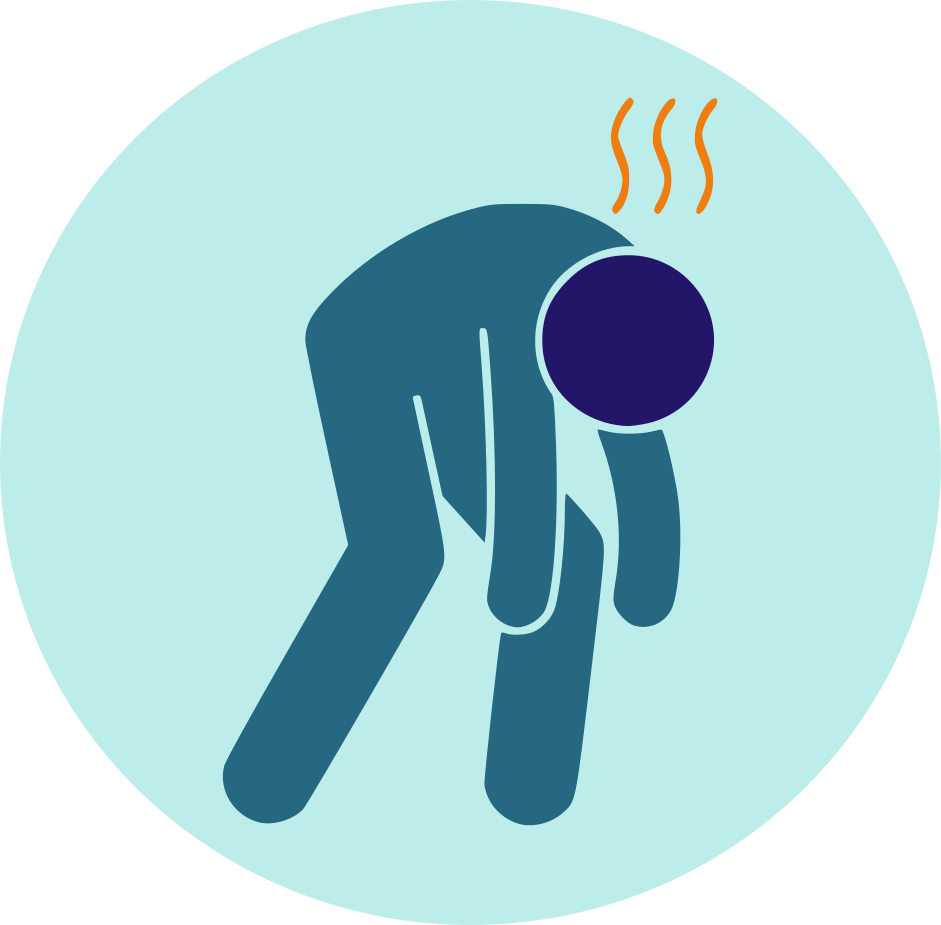| Name | Eperisone Hydrochloride |
| Classes |
Central Nervous System Agent Muscle Relaxant Skeletal Muscle Relaxant |
| Diseases |
Muscle Spasm Neuromascular Disorder |
Eperisone Hydrochloride
Eperisone Hydrochloride is classified as a centrally acting muscle relaxant. Eperisone Hydrochloride exerts its muscle relaxant effects by acting centrally in the nervous system. It is believed to modulate calcium ion influx into muscle cells, thereby reducing muscle spasms and improving muscle tone.
Eperisone Hydrochloride is indicated for addressing various conditions that manifest as myotonic symptoms or spastic paralysis. These include:
- Myotonic conditions resulting from neck-shoulder-arm syndrome.
- Myotonic conditions associated with scapulohumeral periarthritis.
- Myotonic conditions related to low back pain.
- Spastic paralysis caused by cerebrovascular disorders.
- Spastic paralysis associated with spastic spinal paralysis.
- Spastic paralysis related to cervical spondylosis.
- Spastic paralysis resulting from surgical trauma sequelae, including cerebrospinal tumor.
- Spastic paralysis arising from trauma sequelae, encompassing both spinal and head injuries.
- Spastic paralysis in the context of amyotrophic lateral sclerosis.
- Spastic paralysis observed in cases of infantile cerebral palsy.
- Spastic paralysis linked to spinocerebellar degeneration.
- Spastic paralysis occurring due to spinal vascular disorder.
- Spastic paralysis associated with subacute myelo-optico neuropathy (SMON).
- Spastic paralysis in the context of other encephalomyelopathies.
The typical recommended oral dosage for adults is three tablets (150 mg of eperisone hydrochloride) daily, divided into three separate doses to be taken after meals. Adjustments to the dosage may be made based on the patient's age and specific symptoms.
Adverse reactions of Eperisone Hydrochloride are listed as follows-
- Drowsiness
- Dizziness
- Gastrointestinal disturbances (e.g., nausea, vomiting)
- Fatigue
- Erythema
- CNS Effects: Eperisone Hydrochloride may cause drowsiness and dizziness. Caution is advised while operating machinery or performing tasks that require mental alertness.
- Hypotension: Monitor blood pressure, especially in patients prone to hypotension. Adjust dosage or discontinue if significant hypotension occurs.
- Liver Function: Regular monitoring of liver function is recommended due to the potential for liver abnormalities.
- Allergic Reactions: Discontinue Eperisone Hydrochloride if signs of serious allergic reactions, such as anaphylaxis, occur.
- Use in Pregnancy and Lactation: Use with caution during pregnancy and lactation. The potential benefits should outweigh the potential risks.
Contraindication
Eperisone Hydrochloride is contraindicated in individuals with known hypersensitivity to the drug or its components.
None known.
None known.
 Bangla
Bangla English
English



